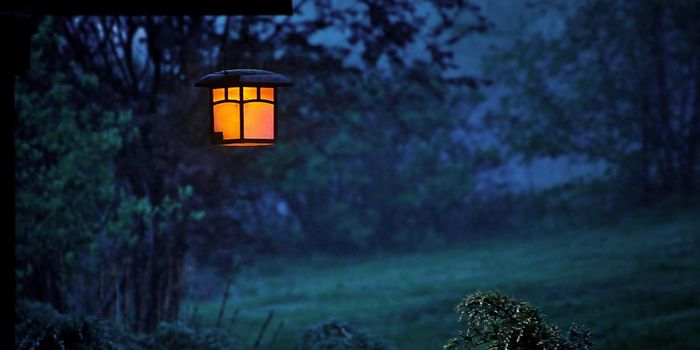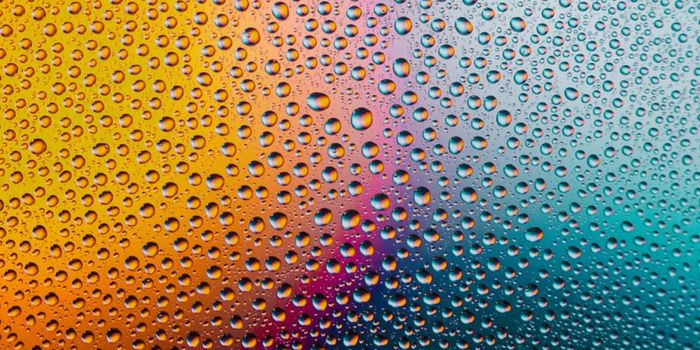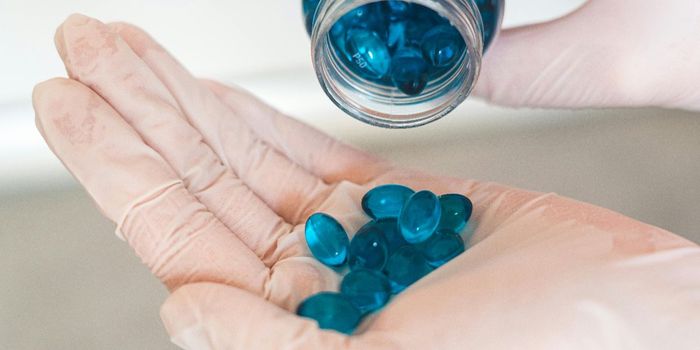Adult Smokers with Mental Illness Drink More Coffee
Adult smokers with mental illness drink more coffee than those without mental illness. The corresponding study was published in Psychiatry Research.
Caffeine is a widely used psychoactive drug: over 89% of adults in the US report using it daily, and mostly via beverages such as coffee, tea, and soda. While studies suggest that up to 400mg of caffeine can be consumed per day- around four cups of coffee- the effects of very high caffeine use are not well understood.
Nevertheless, doses exceeding 600 mg are generally not recommended due to side effects, including anxiety, restlessness, and insomnia, as well as tachycardia and heartburn. Understanding more about the effects of high caffeine consumption could inform dietary recommendations for those with- or at risk of- multiple health conditions.
In the present study, researchers analyzed data from 248 adults who smoked a pack of cigarettes per day. Participants completed surveys on their smoking history, caffeine use, physical health, and psychological symptoms. Altogether, 80 of the participants had schizophrenia, 80: had bipolar disorder, while 88 had no psychiatric condition. The researchers also collected blood samples from the participants to measure their serum caffeine levels.
In the end, they found that patients with bipolar disorder, followed by schizophrenia, had the highest self-reported caffeine intake and highest self-reported caffeine consumption.
To explain the link, the researchers noted that people with mental illnesses smoke at two to three times higher rates than the general population, and that tar in cigarettes increases the metabolism of caffeine, meaning more is needed for stimulating effects. Another theory suggests that people with mental illnesses are more vulnerable to addictive substances, and thus at a higher risk for excessive intake.
“Today, people consume huge amounts of caffeine in more concentrated forms – like energy drinks or double shots of espresso – far more than when our participants were surveyed,” Jill M. Williams, director of the division of addiction psychiatry at Rutgers Robert Wood Johnson Medical School, one of the study’s authors, said in a press release, “And yet, the effects of high caffeine intake remain widely understudied. This is particularly true for people with mental illness.”
Sources: Neuroscience News, Psychiatry Research









